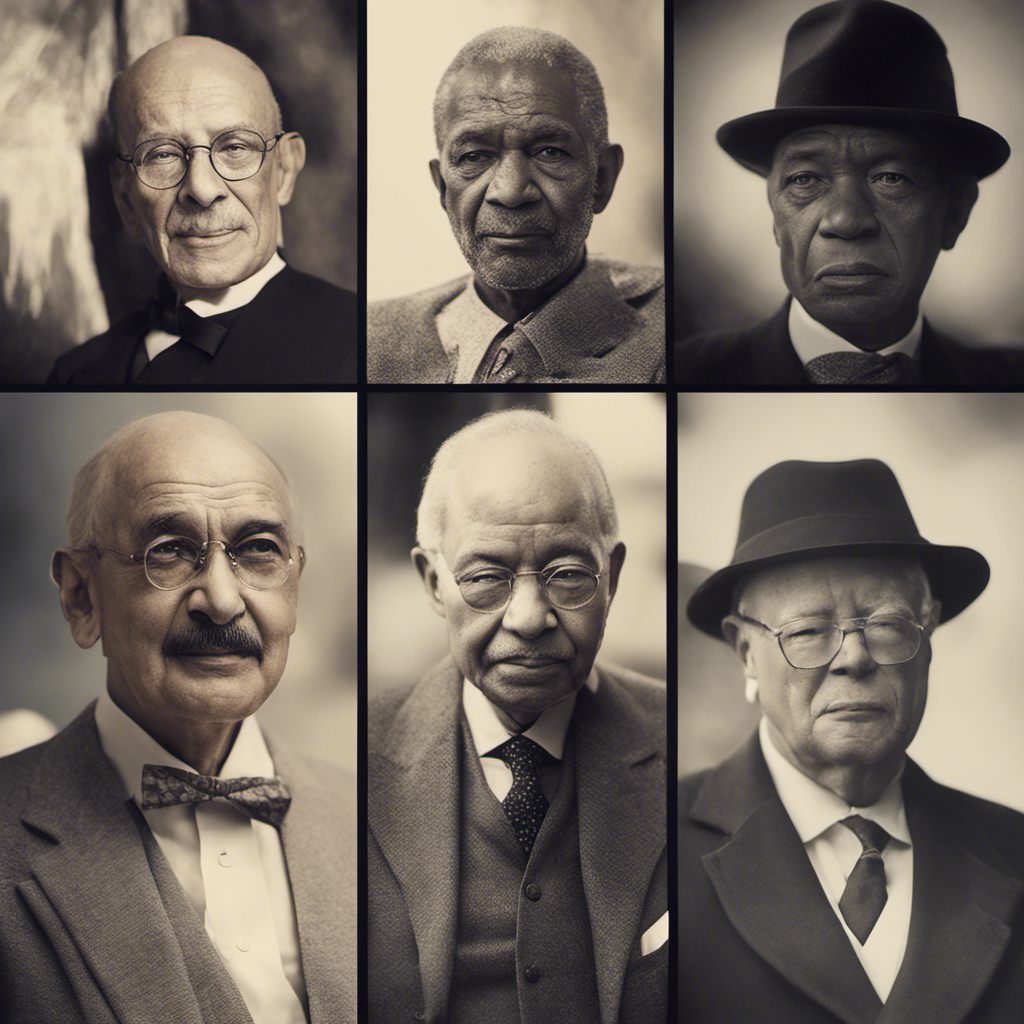Global Legacies of Bygone Leaders: Lessons to Secure the Future of Humanity

Introduction
Leaders of the past have left a significant impact on the world, shaping societies and leaving behind legacies that continue to influence us today. While some leaders are remembered for their successes, others are known for their mishaps and failures. It is essential to study and learn from both, as their experiences can provide valuable lessons for us in the modern-day society. Read More
Learning from Mishaps
One of the most crucial aspects of studying the legacies of bygone leaders is understanding their mistakes and mishaps. By analysing their failures, we can identify the pitfalls to avoid and make better decisions in our own leadership roles. For example, the economic crises caused by poor financial management during the Great Depression can teach us the importance of fiscal responsibility and the need for robust regulatory systems.
Similarly, the mishandling of international relations by certain leaders in the past can serve as a lesson for us today. Understanding the consequences of failed diplomacy and the impact it had on global stability can help us navigate complex international relationships and work towards peaceful resolutions.
Prevailing in Modern Day Society
By studying the legacies of bygone leaders, we can gain insights into the challenges they faced and the strategies they employed to overcome them. These lessons can be applied to our own lives and leadership positions to navigate the complexities of the modern-day society.
For instance, the civil rights movement led by leaders like Martin Luther King Jr. serves as a powerful example of peaceful activism and the fight against discrimination. Their legacy reminds us of the importance of equality and justice, inspiring us to continue the battle for social justice in our own communities.
Furthermore, the environmental awareness campaigns initiated by leaders like Rachel Carson have highlighted the need for sustainable practices and the preservation of our planet. Their legacies urge us to take responsibility for our actions and work towards a greener and more sustainable future.
Securing the Future
Studying the legacies of bygone leaders is not just about learning from their mistakes and prevailing in the present. It is also about securing the future for the coming generations. By understanding the impact of past leaders on society, we can make informed decisions that will shape a better future.
For example, the lessons learned from leaders who failed to address climate change can guide us in developing sustainable policies and practices to mitigate its effects. By taking action now, we can ensure a healthier and more prosperous future for generations to come.
Conclusion
The global legacies of bygone leaders provide us with a wealth of knowledge and wisdom. By learning from their mishaps, prevailing in the modern-day society, and securing the future, we can build upon their successes and avoid repeating their mistakes. Let us embrace the lessons of the past and strive for a brighter future.

Comprehensive Revision:
Effective leadership encompasses embracing accountability for both the favourable outcomes, the unfavourable circumstances, and even the less-than-ideal situations. Regrettably, a considerable number of leaders are falling short in fulfilling their responsibilities across various aspects of their roles.
The challenges faced by many leaders are rooted in the need for accountability not only to oneself but also to their constituents, remaining authentic to their own values and the principles that guide their service, and perhaps most demanding of all, the commitment to selfless service.
The scope of leadership responsibilities should extend beyond mere public engagement or responding when oversight is perceived to be in place. It should be ingrained as a way of life, setting an example for others to follow. It is of utmost importance that the emphasis is not solely on honesty, objectivity, and transparency, but also on leading with an idealistic perspective, cultivating and upholding unwavering integrity, and, above all, carrying out their duties with a profound dedication to serving selflessly.